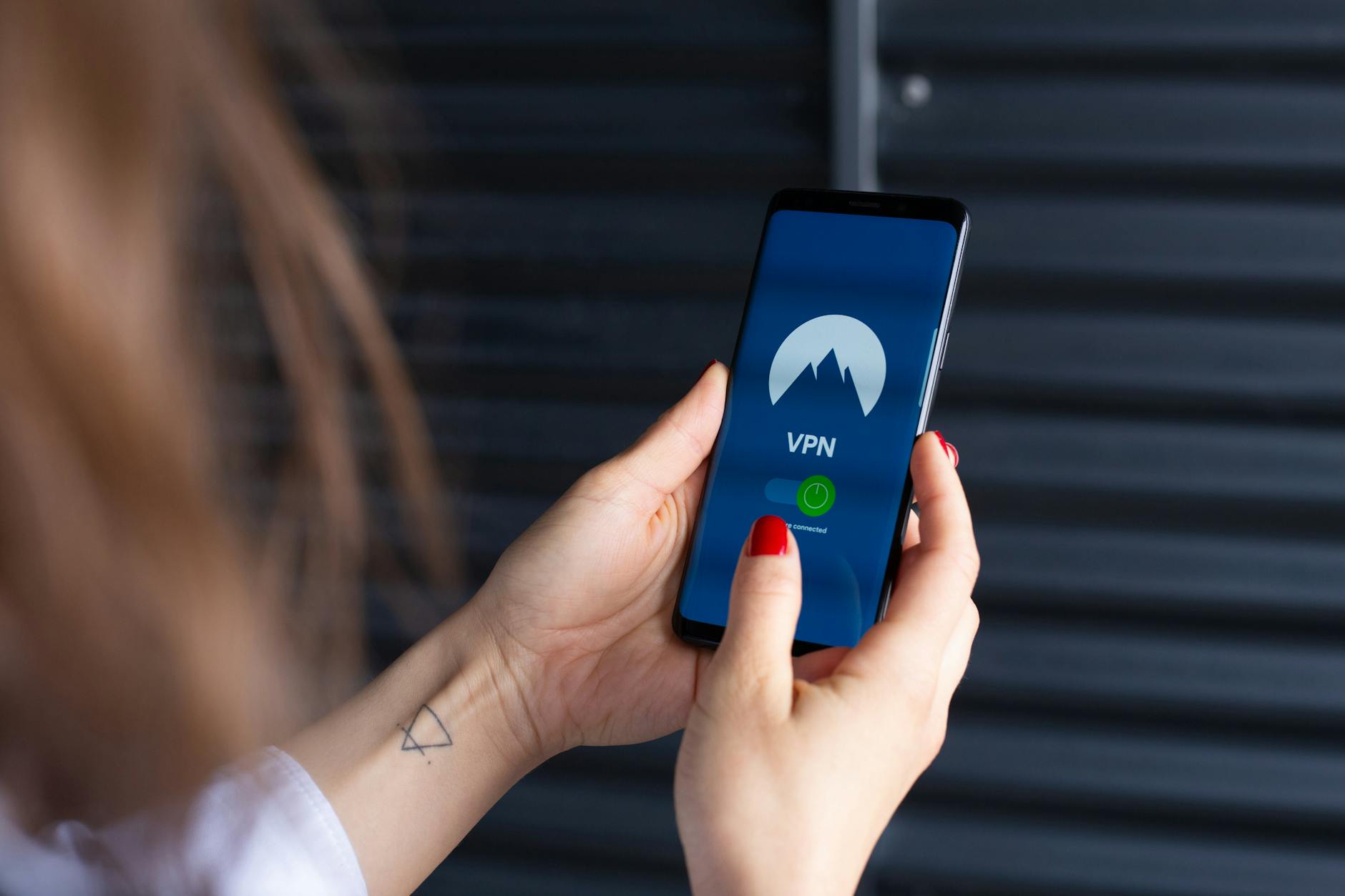In today’s technologically driven world, the prevalence of location-based services in our everyday lives has raised concerns about privacy and security. With the constant tracking of our whereabouts through mobile devices and applications, it is crucial to understand how to disable location services for better privacy protection. By taking simple yet effective steps, individuals can safeguard their personal information and control what data is being shared. Let’s explore some effortless ways to disable location services and enhance your privacy in the digital age.
Understanding Location Services
Before delving into the methods of disabling location services, it is essential to grasp what they entail. Location services utilize GPS, Wi-Fi, Bluetooth, or other means to determine the geographical position of a device. While these services offer convenience for navigation, weather updates, and personalized recommendations, they also collect data that can compromise privacy if misused.
How to Disable Location Services on Mobile Devices
1. iOS Devices (iPhone and iPad): To disable location services on iOS devices, go to Settings > Privacy > Location Services. From there, you can toggle off location services globally or for specific apps.
2. Android Devices: On Android devices, navigate to Settings > Location. You can turn off location services entirely or manage individual app permissions under App permissions.
Disabling Location Services for Specific Apps
Many apps request access to your location data, sometimes unnecessarily. By selectively disabling location services for specific apps, you can maintain privacy without sacrificing functionality. Review the app permissions in your device settings and disable location access for apps that do not require it for their core functionality.
Benefits of Disabling Location Services
1. Enhanced Privacy: Disabling location services ensures that your whereabouts are not constantly tracked, safeguarding your privacy from third-party entities.
2. Extended Battery Life: Location services consume significant battery power as they continuously track and update your location. Disabling these services can prolong your device’s battery life.
Location Services and Online Security
In addition to privacy concerns, location services also pose security risks. If a malicious entity gains access to your location data, they could potentially track your movements, gather sensitive information, or even target you for cybercrime. By proactively disabling location services when not needed, you can mitigate these security threats and minimize your exposure to risks.
Conclusion
In conclusion, protecting your privacy in the digital age requires proactive steps to disable location services when necessary. By understanding how location services work, managing app permissions, and selectively disabling access, you can take control of your privacy and data security. Remember, ensuring privacy protection is a continuous effort that demands vigilance and informed decisions. Stay empowered and vigilant in managing your location services to safeguard your personal information in today’s interconnected world.



